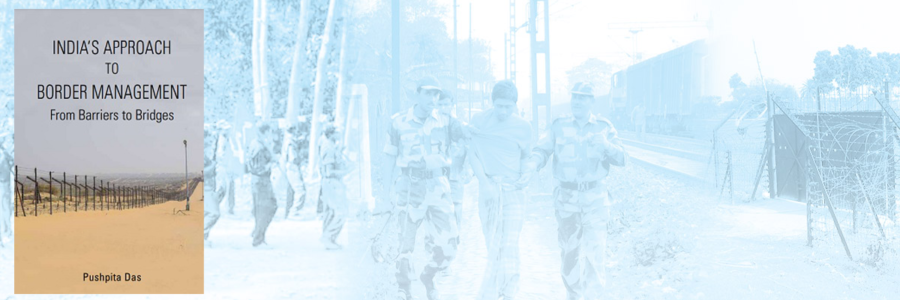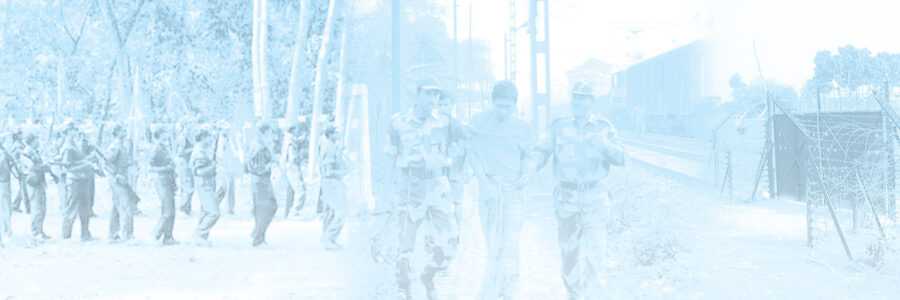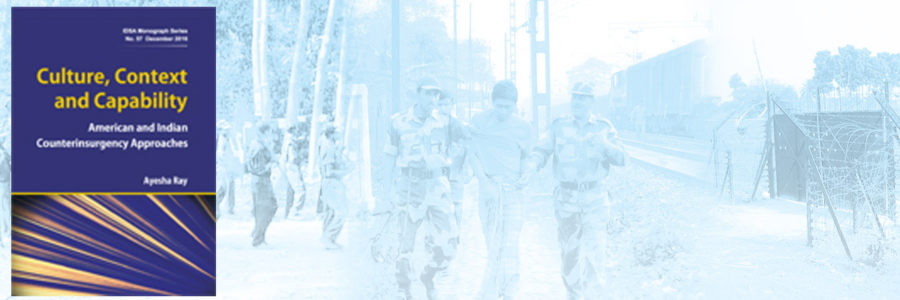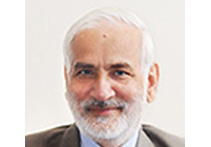Nathu La: Pass To Prosperity But Also A Challenge
Nathu La, identified as the third mountain pass for border trade between India and China, is officially slated to open on July 6, 2006 after a gap of 44 years. Previous attempts to open the border pass had to be postponed due to lack of proper infrastructure. This time around, the infrastructure from the Indian side is complete. A field visit to Nathu La on June 25, 2006 revealed that the approach road has been constructed. And the warehouses, customs and administrative offices, banks etc. at Sherathang, the designated trade mart situated 5 km from Nathu La, have been completed.
- Pushpita Das
- July 04, 2006















